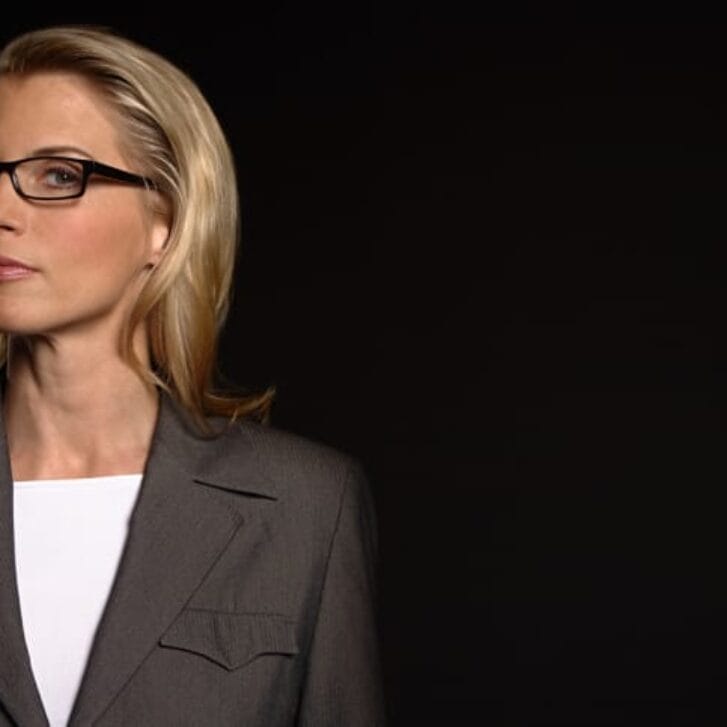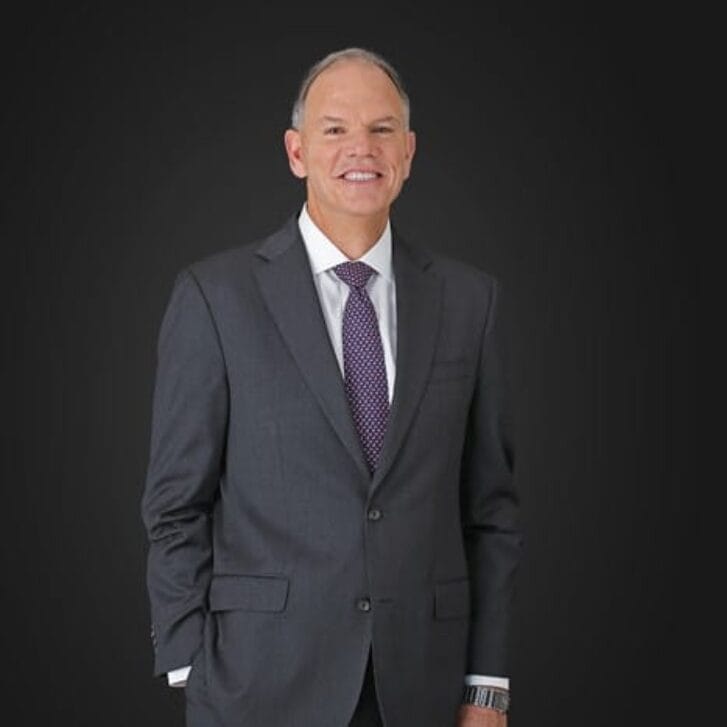Asha Mehta WG04 uses AI to help with research, but Shaz Kahng WG89 doesn’t. Mehta went with a recognized publisher, while Kahng self-published. Mehta’s book is nonfiction; Kahng’s is a novel. The contrast between the two speakers at Wharton Magazine’s Alumni Authors Salon for this year’s Wharton MBA Reunion Weekend was stark, but they shared a common goal: empowering women through their writing.
Not unlike her protagonists, Kahng once held a role as CEO of an activewear company. When she stepped away to raise infant twin daughters, she finally was able to channel her artistic energy.
“Every time I read about a female business leader in a novel, she was always very stereotypical,” said Kahng, who woke up at 5 a.m. to write and took notes on the playground. Her Ceiling Smashers series centers on “positive, strong, inspirational” women executives in male-dominated industries.
Mehta also started her book during a lull in her fast-paced line of work. While at home with three young children at the beginning of the pandemic, she saw writing as a form of “catharsis.” Taking a page from Jim Rogers’s Adventure Capitalist, Mehta began detailing her own travels as an investment banker. Power of Capital is a firsthand look at such rising economies as Vietnam, Saudi Arabia, and Romania. It concludes with a population Mehta considers the greatest emerging market in the world — women.
The alumnae authors delved into some of the tough decisions they faced during the publishing process. In Kahng’s first novel, The Closer, she pushed back against a designer who wanted a clichéd ponytailed woman running in heels on the cover. “You have to be clear about your vision,” said Kahng, who went with an illustrated sneaker instead. “But you also have to be receptive to great ideas and receptive to feedback.”
ChatGPT, often used as an idea generator, is still a controversial topic for many in the writing community. Mehta saw the chatbot as a useful tool in drafting her book. “You give it some bullet points,” said Mehta. “Here’s the general theme, and here are a few specific data points or ideas to incorporate. I’d say it’s A-level work. It’s not A-plus.”
When it came to editing, Kahng faced the challenge of paring her 800-page draft down to roughly half that length. Her first editor was brutal, she recounted, deleting entire chapters in one fell swoop. They eventually parted ways when Kahng realized the editor wasn’t connecting with the business-world setting of her manuscript.
“What I should have done in finding an editor — which I recommend — is send them the first two chapters, have them edit, and see what you get back,” said Kahng. “That helps you figure out how you really capture your readers’ interest right at the beginning of the book.”
Because Mehta went with Wiley, a major business-book publisher, she had built-in support, including a developmental editor who taught her how to write a good “hook” and made sure she was incorporating relevant themes.

An alumna takes notes during the panel discussion.
The two alumnae also touched on some of the differences between fiction and nonfiction. For fiction books, publishers require the entire manuscript before agreeing to buy, but for nonfiction, only a book proposal and the first chapter are generally needed.
Alumni audience members peppered the authors with questions. Many were curious about how to promote books in today’s crowded online marketplace. Kahng recommended hiring platform Reedsy to build a cohort of marketers, editors, and designers. She also said going the independent route allowed her to make more money and retain creative control: “I thought, ‘This is my brand, and I don’t want to just give it to somebody and then have them do whatever they want.’”
Kahng added that when authors publish independently on Amazon, they get 75 percent of the proceeds, as opposed to 25 percent when going through a publisher. She called her promotion approach, which included scheduling radio interviews and getting her book into Barnes & Noble, “scrappy.”
Mehta pointed out a harsh reality of book promotion in the digital age: “[Publishers] select authors who have followings. So it’s kind of circular — you’re looking for them to promote it, and they’re looking for an author who can self-promote.”
Both authors gave credit to their Wharton education for their literary successes. Kahng said she used her negotiation skills on every contract, while Mehta said her MBA helped her position the book as a product. Both praised the support of the Wharton community. Kahng demonstrated that networking power and her marketing savvy as the session ended by asking attendees to check under their seats. The two audience members who found a hidden promotional card for The Closer took home free copies of her book.
Editor’s note: This article has been updated to correct Shaz Kahng’s class affiliation and her recommendation of Reedsy.

























